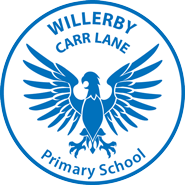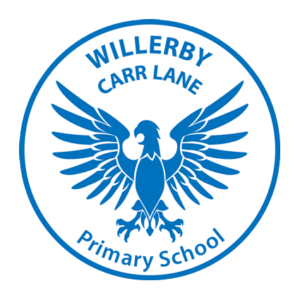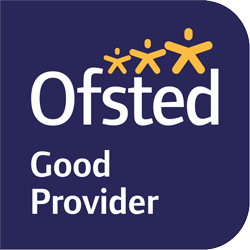Enhanced Resource Provision
This Den is a specialist provision for early years and key stage one pupils who have an EHCP in the area of communication & interaction and a high level of need. It is located in the Foundation Stage building and is part of the mainstream school. The Den provides a personalised holistic learning environment and a curriculum tailored to the individual needs of the pupils; it supports their academic learning and also their social, emotional and physical development. We provide a nurturing environment that helps the children to be happy, safe and secure at school so that they can reach their full potential.
We work closely with parents, the Local Authority and external agencies to ensure the best provision possible for the pupils.
The Den opened in September 2024 and is led by Mrs Turnbull, Mrs Rowledge and Mrs Donner. There is a classroom resourced for continuous provision and learning which leads out onto an outside environment. Children are also able to access the EYFS outdoor provision at planned times. The provision will be developed to also include a sensory room.
Although the Enhanced Resource Provision (ERP) is part of the main school, children are placed in The Den by the Local Authority in consultation with parents and professionals. The school then work with parents/carers and the Local Authority to ensure a child’s needs can be best met within The Den provision. School is unable to accept direct requests for placements for the ERP from parents or carers.




